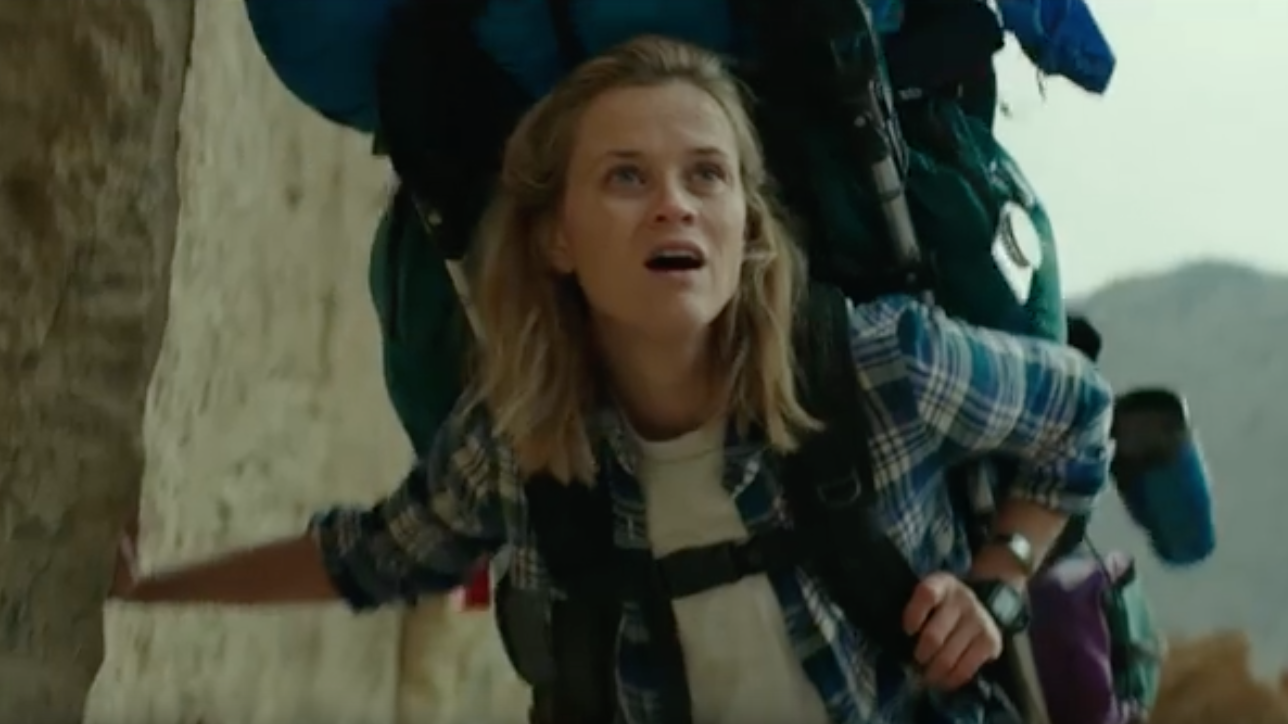The concept of visual poetry is not so easily defined. If I were to make any sort of attempt at defining it, I would say that it is something you sense or feel, evoked from a series of images saturated in narrative and thematic purpose, which intertwine to make create something more profound. Or, at least that is how I would describe the work of Jean Marc Vallee, whose own form of visual poetry has been developing throughout his relatively extensive filmography, epitomised by his 2014 film Wild.
Based on the memoir by Cheryl Strayed, Reese Witherspoon plays the author during the most difficult period in her life. Without giving too much away, the film depicts Cheryl’s 1,100 mile hike along the Pacific Crest Trail, in an attempt to reconcile with a tragedy in her life and become the person she wants to be. Along the way, we are offered chronologically broken glimpses into Cheryl’s past, and what led her to this gruelling journey of self-discovery.
While still on that note, it must be said that this is how you tell a story with broken chronology. One event effortlessly bridges into the next, and all the while the past and present seamlessly overlap with a clarity relevance that add to the emotional weight of Cheryl’s life, namely the endearing relationship between Cheryl and her mother Bobbi (beautifully played by Laura Dern).The film plays out like a well-structured essay (and that is a compliment), or a memoir for that matter, and particular credit must go to Nick Hornby’s generally strong screenplay and the editing by Vallee and frequent collaborator Martin Pensa.
Wild’s greatest revelation, however, is Vallee’s masterful implementation of the fleeting image. The aforementioned flashbacks are triggered by various events, characters and stimuli encountered during Cheryl’s journey, and there is emotional and dramatic tension drawn from the brief images that are presented before the audience, regardless of whether they have been given context yet or not. Vallee used the same technique less frequently in 2013’s Dallas Buyer’s Club, and seems to have doubled down in Wild, only to produce the most distinctive aspect of his directorial repertoire.
In spite of this, the mid-story reveal of the particular tragedy that led Cheryl on her journey takes some of the wind out of the film’s dramatic sails, which leads to two noticeably forced scenes, and a lull in the pacing of the film’s third act.
While I still feel that Dallas Buyers Club, and 2005’s C.R.A.Z.Y., stand as Jean Marc Vallee’s crowning achievements (I just think they had better screenplays), he seems to maintain an even firmer grasp on his individual style with each new film under his belt, and 2014’s Wild is very much emblematic of just how identifiably refined his filmmaking style has become. In short, I believe Vallee has established himself as one of the foremost Canadian auteurs working today, and although he is not necessarily doing anything new, the director nonetheless displays a confident, dynamic style that is cumulatively all his own.

